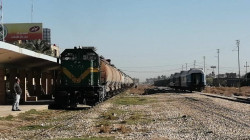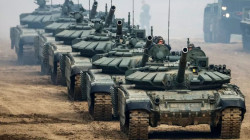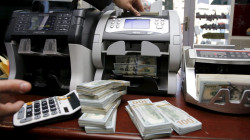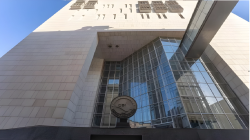Soaring commodity prices jeopardize the precious metals' stability
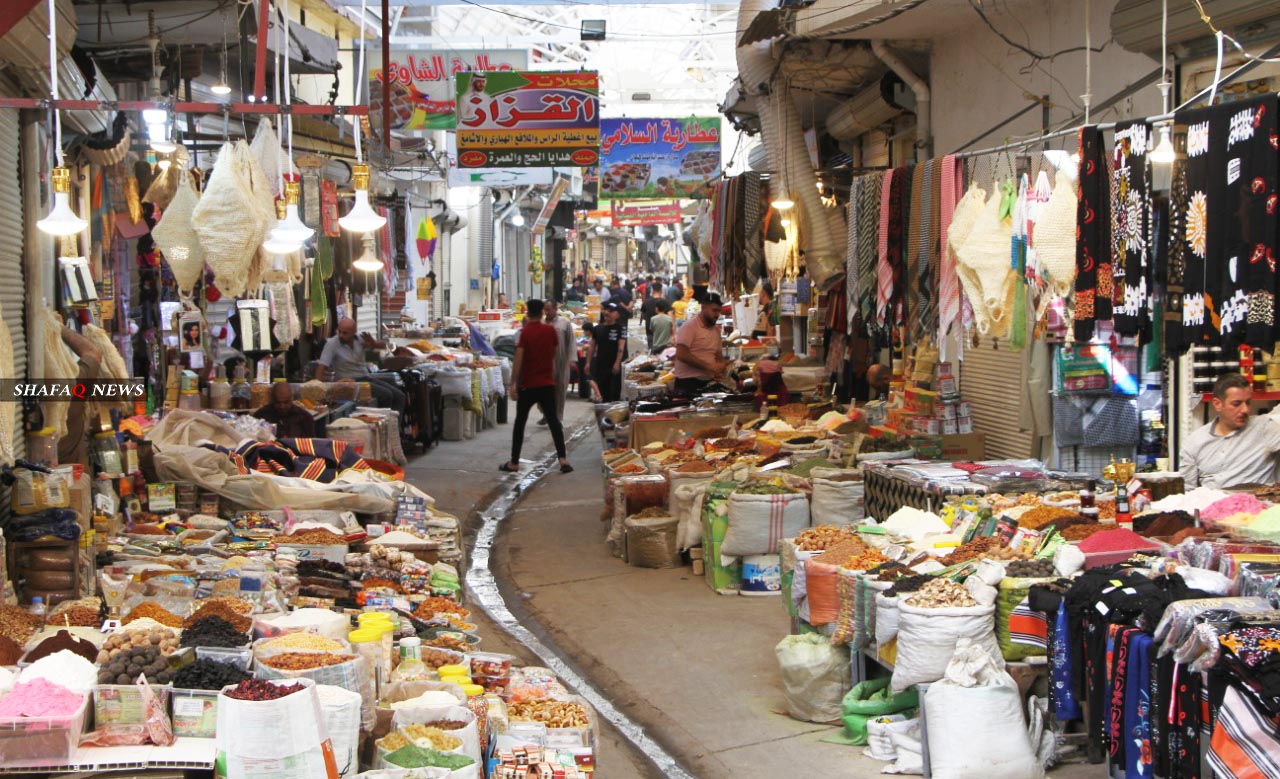
Shafaq News/ Iraq's economy has barely recovered from the detriments of the COVID-19 pandemic, only to plunge into the crisis of soaring food prices due to increased demand, poor supply, high shipping costs, and the war in Ukraine.
Amid a storm of raging prices jolting the entire world, the destitute had to cope with the extra burden of exponentially rising prices of rice, flour, vegetable oil, and other foodstuffs.
According to experts, the high prices will generate a large inflationary wave that will creep into everything, whether food, energy, metals, and even gold.
According to the Ministry of Planning, the annual inflation rate in Iraq jumped to 5.3% in January. Economists anticipate a further rise in the coming months.
"The price of basic staples is a key variable to determine the consumer price index, which is, in turn, a key variable the Central Bureau of Statistics measures to calculate the inflation rate,” economist Mazen al-Hasani stated.
“This hike of food prices translates into a higher inflation rate because it accounts for a higher coefficient than other variables like rent and services. This hike is the inflation rate's second after the dinar devaluation."
"High prices of basic items in the market would creep in on other non-food items, such as power, or precious metals such as gold," he anticipated.
"The food prices surge is primarily due to global rise of raw material, transportation, and shipping costs," said Mohammed al-Yasiri, a trader at
al-Jamila Market, Iraq's largest wholesale food market, " the dollar exchange rate's rise against the dinar also contributes to the rise in the price of materials over the past year.”
"The price of imported Indian rice has increased by 250 dollars per ton over the past month without mentioning the other transportation and shipping costs. This increase will be reflected in the consumer's price," he continued, "the price of basic staples has risen in the country of origin. The traders can do nothing to prevent that."
The Minister of Finance, Ali Abdul-Amir Allawi, attributed the rising prices to the repercussions of COVID-19 and higher production, transportation, primary material costs.
“The rise has increased inflation globally and has had an impact on various countries, including Iraq," he said, "rising prices in the markets is a global phenomenon that is not really linked to currency devaluation."
The economic advisor to the Iraqi Prime Minister, Mudhir Mohammad Saleh, confirmed, “Government subsidy has eased rising inflation in Iraq."
"Although the impact of food on inflation is between 33% and 35%, which is equivalent to a third and is considered a large percentage, fiscal policy has played a strong and clear role through statements and trends that support prices, particularly the poor consuming classes, which certainly mitigates the impact of inflation on the living level,” Saleh told Shafaq News agency.
"The subsidy is either monetary, such as raising the minimum wages of social welfare and small employees or through the ration card in terms of the quantity and regular distribution," he explained, "Government prices are fixed and have not risen such as fuel, services, electricity, and water.z"
Since the beginning of this month, domestic markets have seen a significant rise in the prices of basic foodstuffs, particularly flour and vegetable oil, followed by varying changer in the price of other commodities such as rice, lentils, sugar, and meat.
